Cause of death: Shareholder primacy
The European Super League died two days after it was born. To us at North Star Transition, the primary cause of death was the disease of shareholder primacy. We asked corporate governance expert Philippe Joubert to carry out the post-mortem on football’s moneyed disaster, and reflect on the lessons for corporate boardrooms.
On a recent Sunday night, it came to light that twelve of the most prestigious European football clubs from England, Spain and Italy were to form The Super League (commonly referred to as the European Super League (ESL) now) separate from existing infrastructure, mostly closed to other clubs and guaranteeing an amazing show to the supposed delight of the fans of the beautiful game. And did I mention that it also guaranteed much higher and more certain revenues to the clubs than the current UEFA Champions League offered them? JP Morgan, a US bank, guaranteed a huge sign-on bonus to the founders of the league in anticipation of the revenue generated from broadcasting rights.
In the last minute of the second half, a cross from left wing, leading to an unstoppable volley in the upper corner. Goooooooaaaaaaaaaal! What could possibly go wrong?
Wait a minute….VAR (Virtual Assistant Referee).
Offside was the immediate reaction of former player and football commentator Gary Neville, “This idea is an absolute disgrace, pure greed, they are impostors, the owners of (the clubs) have nothing to do with football in this country.”
Dangerous play in the area was the reaction of governments a few hours later, with prime minister Boris Johnson saying: “This plan will be damaging for football. This would strike at the heart of the domestic game. The clubs involved must answer to their fans and the wider footballing community before taking any further steps”.
The following day football players red-carded the idea by speaking out that they believed in the necessity to improve the existing league, but not by the rich (and bankrupted) stealing the game away. Iconic coaches including from some of the twelve infamous clubs, quickly joined the players and said they had not been consulted but if they had, they would have said: “no thanks, not interested”. All repeated the same adage: football is nothing without the fans.
Finally, the fan groups gathered in front of the stadiums, headquarters and offices and made their position clear: enough is enough, the board is prepared to risk the club reputation and its future in the opportunistic pursuit of the greed: but it’s our club, not theirs. To complete the football analogy, we can say this was a pitch invasion by the fans whilst club presidents discreetly slunk away with their lawyers.
So the ESL was still-born, but will this signal be enough to trigger fundamental change in the sector? Former prime minister Gordon Brown commented: “This crisis means that we have to change the status quo.”
That status quo change could include: representation of the fans at club board level, improving the transfer of money from the rich to grassroots football and new sources of money (such as from betting) going to the game. This would change the weight of club owners in the financial equilibrium. Ultimately, we have to change the representation of owners at multilateral international level. Who exactly owns a football club?
The learnings for boards
This is a teachable moment for other corporate boards to learn from. At Earth on Board we work with boards and their directors around the fundamental concepts of moving away from shareholder primacy and from finance hijacking the economy. We understand that if capitalism and business want to survive and fulfil their societal responsibility, business must change dramatically - reviewing their purpose, governance and evaluation of performance.
The ESL idea was both borne out of and overruled because of the same thing: greed. Let’s be clear about this. Shareholders own shares, but they do not own the company. Football supporter groups from the six English clubs involved in ESL have clearly reminded the owners of this. Greed is not a purpose. These clubs were created for the game, not simply to make more profit for the shareholders of the day.
Stakeholders should be part of the decision-making process and have a seat on the main governance body of the club. They need to be appropriately consulted on (sometimes literal!) game-changing decisions. A company cannot be reduced to a bunch of property titles. A company is a union of interested parties, around a shared purpose, recognised as useful for society. Energy coming from contradictory positions should be managed by the board and channelled to make the company thrive.
In recent years, JP Morgan signed magnificent texts and made declarations about stakeholder economy versus shareholder primacy with the Business Roundtable declaration, but when the opportunity arose to walk the talk, it forgot what it signed.
The ESL was a hugely visible example of organisations forgetting their purpose, but being rapidly reminded of their duties by their stakeholders. In other businesses, similar profit maximising behaviours are leading to unacceptable environmental and social impacts. These issues are more complex and stakeholders’ signals of disagreement are less obviously aligned, but corporate boards should listen and react as the stakes are much higher.
Apologies are not enough to go back to business as usual for these football clubs, and neither will it be enough for the world when it is too late to manage the catastrophic impacts of climate change, biodiversity loss or to correct unbearable inequality. Fans shone a light on the responsibility business leaders have towards their stakeholders. Thanks to football, we all now need to revisit board behaviour.
A version of this blog post was first published at edie.net.
Photo credit: Torsten Dettlaff from Pexels


